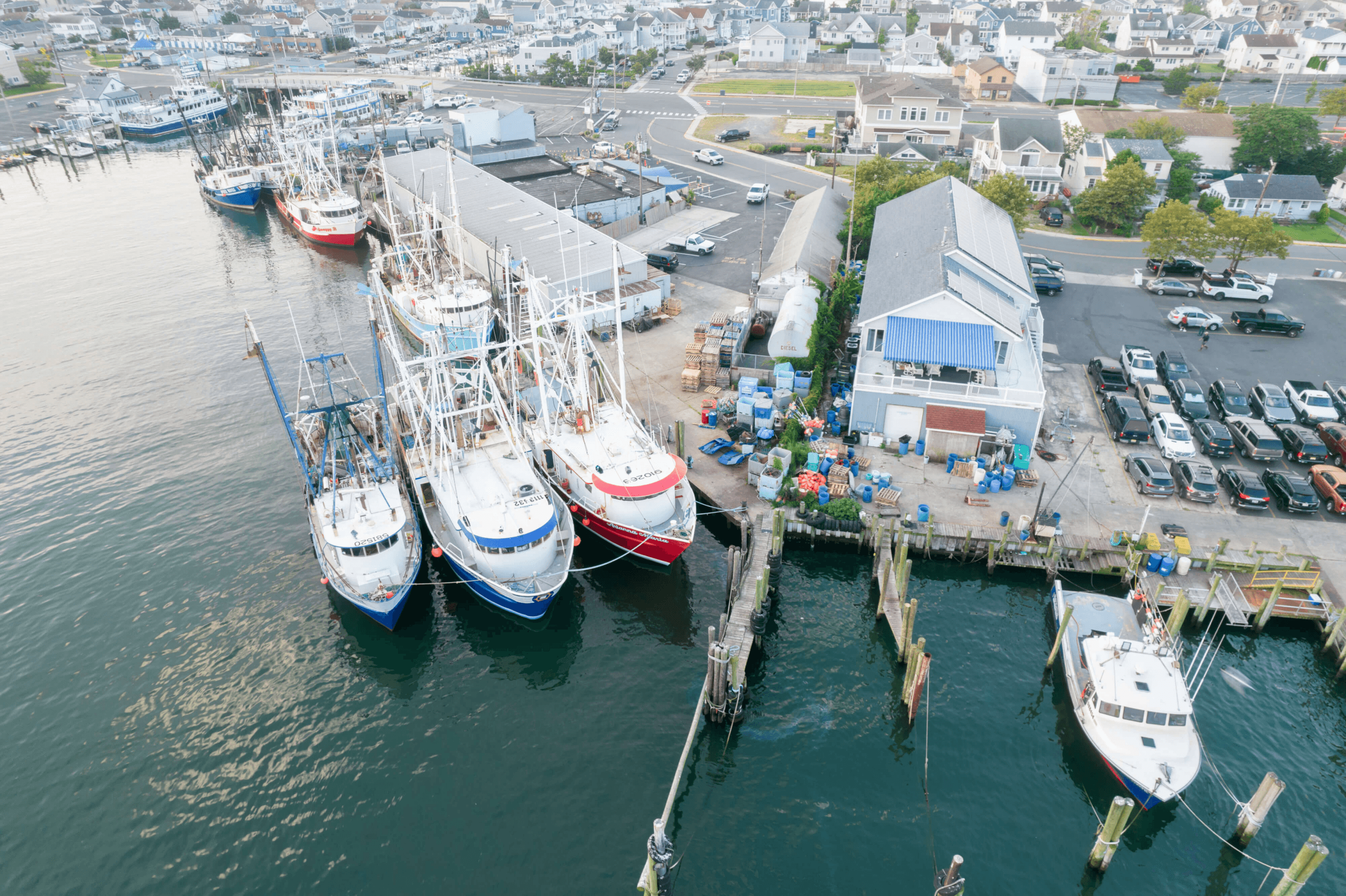How Individuals and Communities Can Reduce Ocean Acidification

Save Electricity
Learn MoreDecrease Transportation Emissions
Learn MoreInsulate Businesses and Residences
Learn MoreGet Involved
If you are interested in learning more about MACAN and the work we do, please sign up for our monthly newsletter. You can also read our 2024 to 2028 Work Plan.

The Mid-Atlantic Coastal Acidification Network. All Rights Reserved.